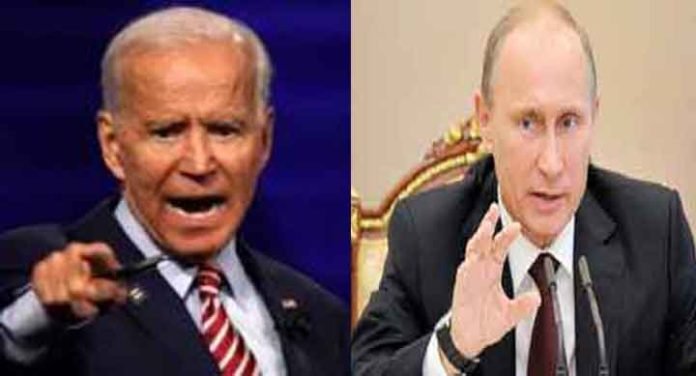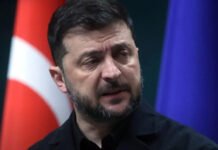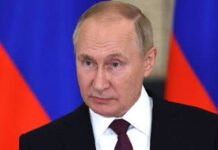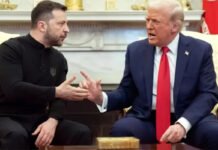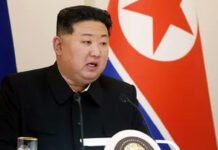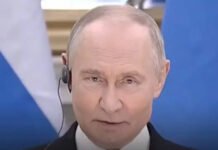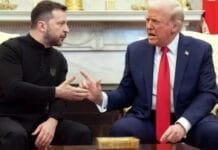INVC NEWS
Moscow : The Russian President Vladimir Putin condemned NATO’s propagation of an imaginary Russian threat to instill fear among its populace. Putin’s remarks shed light on what he perceives as a deliberate attempt by NATO to manipulate public sentiment for its own agenda.
President Putin’s Assertion
President Putin categorically stated that NATO’s portrayal of Russia as a menacing force is unfounded and unsubstantiated. He emphasised that Russia harbours no interest in territorial expansion or aggression towards other nations, including Poland and Latvia. Instead, Putin reiterated Russia’s commitment to maintaining peaceful relations with its neighbours and the international community.
Dissecting the Allegations
The Russian leader’s assertion challenges the narrative propagated by NATO, which often depicts Russia as a looming threat to European security. Putin highlighted the absence of any concrete evidence to support NATO’s claims, branding them as baseless accusations aimed at sowing discord and perpetuating the alliance’s relevance in a post-Cold War era.
Addressing Misconceptions
Contrary to NATO’s assertions, President Putin underscored Russia’s adherence to international norms and respect for sovereignty. He reiterated that Russia’s military activities are solely defensive in nature, aimed at safeguarding its borders and national interests rather than encroaching upon those of other nations.
Clarifying Intentions
Putin further clarified that Russia’s stance towards Poland and Latvia is one of non-aggression and mutual respect. He affirmed that any deployment of Russian troops to these countries would only occur in response to hostile actions initiated by them, underscoring Russia’s commitment to peaceful coexistence and diplomatic resolution of conflicts.
The Role of NATO
The Russian President’s remarks cast a spotlight on the role of NATO in shaping perceptions of security threats in Europe. By perpetuating the narrative of a resurgent Russia, NATO seeks to justify its own existence and bolster support for increased military spending among member states.
Geopolitical Implications
The escalation of tensions between Russia and NATO has broader geopolitical implications, with potential ramifications for global security and stability. Putin’s condemnation of NATO’s fear-mongering tactics underscores the need for dialogue and cooperation to address shared challenges rather than resorting to provocative rhetoric and military posturing.
NATO’s portrayal of Russia
In conclusion, President Putin’s condemnation of NATO’s portrayal of Russia as a fabricated threat highlights the need for a more nuanced and balanced approach to international relations. Russia’s commitment to peaceful coexistence and respect for sovereignty should serve as the foundation for dialogue and cooperation among nations, fostering a climate of trust and mutual understanding in an increasingly complex and interconnected world.

